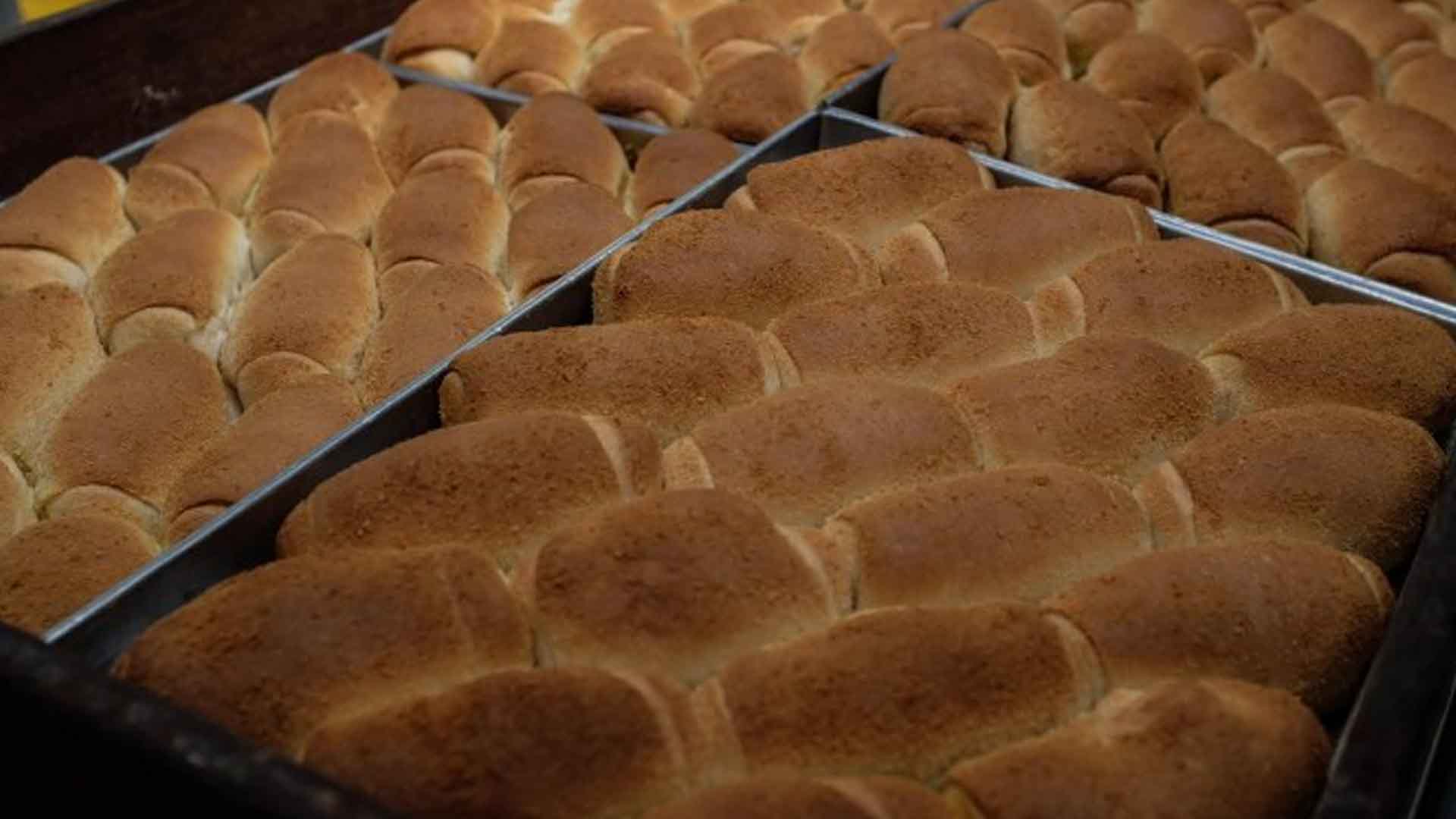Retail prices of subsidized bread, known to consumers as “Pinoy Tasty” and “Pinoy Pandesal” will remain unchanged despite rising costs of raw materials and other operational expenses, according to officers of the Assosasyon ng Panaderong Pilipino (APP).
In an interview on Thursday, APP president Lucito Chavez said any change in retail prices of subsidized bread is subject to Department of Trade and Industry (DTI) approval because they are counted on the list of basic commodities.
He noted that Pinoy Tasty is still priced at PHP40.50 for every 450-gram pack, while a similarly-sized pack of Pinoy Pandesal still retails for PHP38.50.
Chavez said the prices of both products are standardized across small or large retail outlets, and there are no indications that prices will change anytime soon.
Pinoy Tasty and Pinoy Pandesal were the result of a collaboration between the local bakery industry and the DTI under an earlier administration, wherein various bakeries produced a common “generic bread” using less sugar and cheaper raw materials, and packaged in the same manner.
For her part, Martha Comia, also an APP officer, said community bakeries are struggling to keep their prices within reach of the consuming public.
She said that bakeries want to limit their price increases to about 20 percent to avoid losing market share, even if certain kinds of bread, cakes, or pastries cost more to make than others.
“There are certain products that need to be raised by up to 50 percent for us (community bakeries) to make a decent profit. These are often the products that consume a lot of eggs and butter, and other expensive ingredients. But we realize that we cannot do that, so different bakeries are coping in their own way,” Comia pointed out.
She also said the rising price of liquified petroleum gas (LPG) has been particularly painful to bakers.
The APP represents small and medium-sized community-based bakeries, which are distinguished from large industrial bakeries that often distribute their products via supermarkets.
Meanwhile, Ricardo Pinca, executive director of the Philippine Association of Flour Millers (PAFMIL), told the Philippine News Agency (PNA) that prices of flour have been stable despite recent inflation surges, and have settled “close to pre-Ukraine war levels.”
He said that PAFMIL members are not responsible for recent and impending increases in the prices of flour-based products and they even serve to mitigate price pressures.
“Flour prices are relatively low at the moment. Our customers tell us that the rise in their costs is mostly coming from increases in the prices of sugar, salt, shortening, rentals, and even packaging material,” he noted.
Pinca said locally-milled flour currently sells for PHP900 to PHP960 per 25-kilogram bag, substantially lower compared to the over PHP1,000 price tag last year.
It was explained that international prices of flour surged in 2022 due to the Ukraine-Russia conflict, as the two countries hold up to 40 percent of the world’s exportable stocks of wheat. (PNA)







